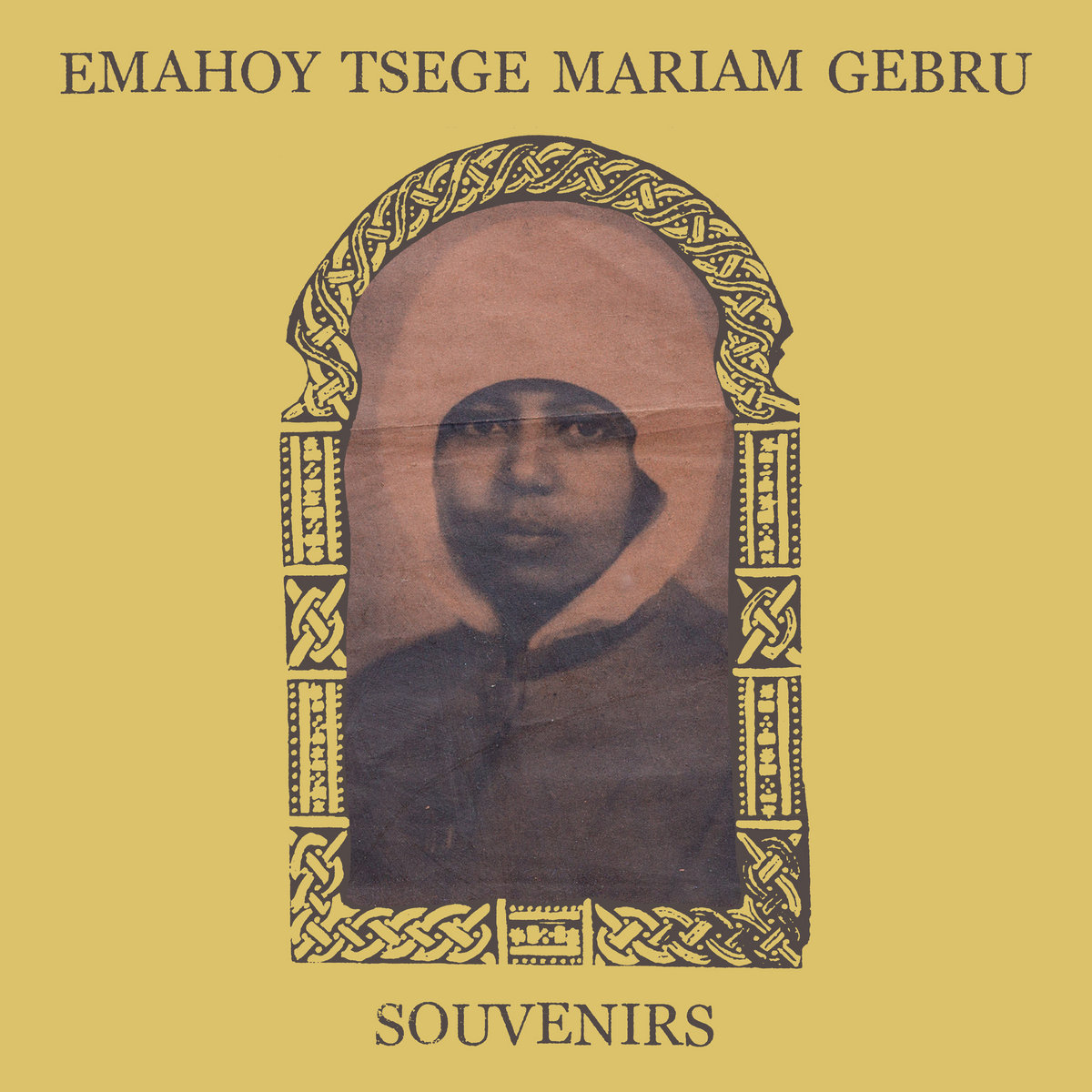Emahoy Tsege Mariam Gebru is often flippantly monikered the “barefoot nun” or the “honky-tonk nun” in accounts of her life. This paradoxically reductive and sensationalizing shrink-wrapping of her path to asceticism is a naive defect of Western musicology. Within its codes, and those of Western popular music, there’s a hint of condescension to the sublime monasticism of any musician who refuses to behave as a traditional entertainer, no matter how drastic the conditions inciting that refusal. It’s pitched as bizarre and destabilizing. In Emahoy’s case, it was a practical act of transmutation. Born into Ethiopia’s high society in 1923, she was one of the first from her country to be sent to boarding school in Switzerland; she then went to study music in Cairo. Back in Addis Ababa, she rode horses in the hills and played her original compositions for Haile Selassie. She chose life as a nun after Italy’s 1936 invasion of Ethiopia and its subsequent violence interrupted her studies, preventing her from taking a position at London’s Royal Academy of Music. She was so disillusioned she stopped eating until she reached the brink of death. You can hear echoes of this waltz between abandonment and abandon in her playing; there’s a sense of gothic disenchantment that she rollicks in until it’s almost mirth, a private defiant smile or taunting song title, like “Why Feel Sorry,” uniting vengeance and resilience. When she absconded to places of worship, it’s as though the threat of death from external forces shocked her into catatonic fearlessness.



No Comment Found.